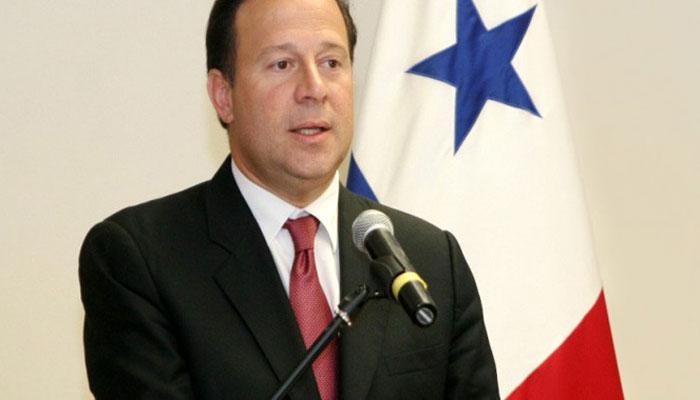A huge task awaits the President-elect of Panama, Juan Carlos Varela, following his victory at Sunday’s widespread elections that also chose the vicepresident, all deputies to the National Assembly and to the Central American Parliament, as well as mayors and other city officials.
The elections took place as two major Panamanian trade unions, the teachers and the construction workers, continued a protracted strike demanding pay raises and other benefits of which they are currently deprived.
The new President will find a country with a public debt of $20 billion, as a result of investment plans mainly addressed to the promotion of the dollar value of private business.
The winning candidate soundly defeated the official aspirant, Jose Domingo Arias, supported by President Martinelli, who, despite a constitutional ban, displayed a constant and illegal participation in the presidential campaign in favour of his own candidate.
The high voter presence at the polls, some 76%, and the results of the voting, evidenced the rejection by the electorate of the neoliberal policies imposed by the outgoing government, a government riddled with corruption scandals and highly criticized for its close ties with the Washington authorities.
Despite the claim that the Panamanian economy grew over 8% last year, this fact did not translate into an economic improvement for the majority of the workers in the country, seen clearly in the numerous strikes and protests registered in the past years.
According to experts, what economic growth there was only benefited a small elite. Analist Jaime Porcell wrote that today “in Panama millionaires are richer millionaires, at the expense, of course of the working class”.
To promote economic growth that benefits all the national sectors is one of the major challenges facing the new administration because Income distribution in Panama is the worst in Latin America. According to the United Nations Economic Commission for Latin America, across the board 37% of the Panamanian people live in poverty, and 17% of them in extreme poverty. This translates into a staggering one third of the Panamanian population being without a formal job and tens of thousands of families lack running water and sanitation.
But when you take into account poverty amongst the indigenous Indian tribes you are looking at 98.4% of all members in the poverty bracket, and 90% suffer in the abysmal extreme poverty bracket.
Adding to this state of affairs, the new Government will have to pay close attention to the opposition from Indian communities to the construction of hydraulic works in their lands, as in the much publicized case of the community of Barro Blanco.
President Martinelli ruled Panama for the past five years with an iron hand and faced the opposition of natives, farmers, students, workers, women, businessmen and the press. The Panamanian vote was, undoubtedly, a punishment inflicted by this same electorate on the Government and on the candidate of outgoing President Martinelli, a multimillionaire businessman who is accused of using public funds to bolster his own private concerns.
Now perhaps he will have to answer for his plethora of misdeeds when in office and justice may well be done. Perhaps the first step in this direction is Panama's president-elect’s intention of imposing price controls on a range of basic foods to dampen rising costs, a step that will hit his bitter rival, outgoing president and supermarket tycoon Ricardo Martinelli.
According to Juan Carlos Varela, the Panamenista Party (PP) leader and winner of Sunday's election, this policy will take when he assumes office on July 1. Quote
I will Establish emergency price controls on 22 products in the basic basket to lower the cost of living by more than $600 million for the Panamanian people and avoid speculation in products."
A good start!


